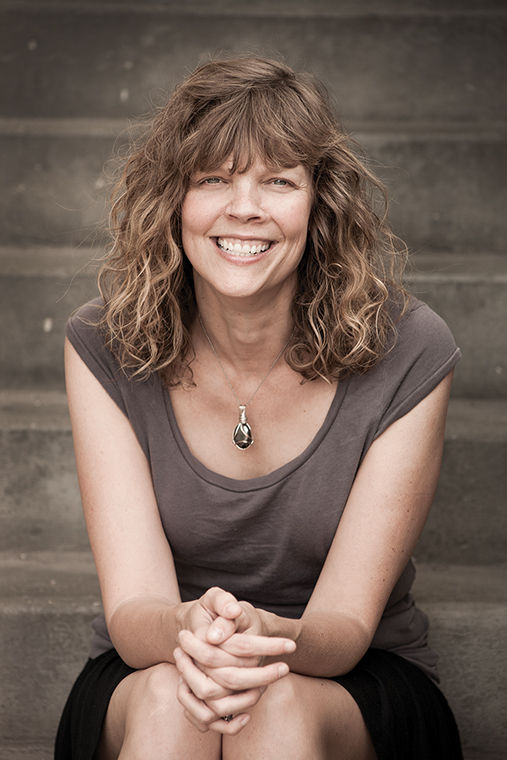Panel of authors tackle ‘taboo’ subjects
Christa Desir has written three young adult novels, all dealing with what she called “edgy” subjects.
November 23, 2015
A panel of female authors visited Women & Children First, an independent feminist bookstore at 5233 N. Clark St., on Nov. 12 to discuss writing about “taboo” subjects, from first-time sexual experiences to shyness and helping a loved one cope with past sexual assault.
The visiting authors included Christa Desir, a young adult author and romance fiction editor for Samhain Publishing, Bollywood romance writer Sonali Dev and Amy Jo Cousins, who is known for her heterosexual and LGBT erotica novels.
Desir’s novel “Fault Line” explores issues of sexual assault told through a male’s perspective to make the subject more accessible for men, she said.
“I wrote it as a vehicle to get boys and men engaged in a conversation about sexual violence…. It’s an issue for everyone, not just women,” Desir said.
Dev said she tackles subjects such as child marriages and the underbelly of Bollywood in a way that allows outsiders to imagine characters not simply as a child bride or a Bollywood star but as a person.
“My first book, ‘A Bollywood Affair,’ is about a child bride,” Dev said. “My subjects are a little more human experience-[based], specifically [addressing] things women deal with.”
Dev added that no matter how dark or taboo a subject might be, she strives to create happy endings for her characters.
Cousins said increasing acceptance of queer individuals has made her work well-received, despite featuring subjects of LGBT romance and erotica.
The women agreed that including taboo subjects in their work added to the authenticity of their stories and characters.
“I think our world is total garbage in how [people] are unwilling to talk about sex…. Sometimes I read romance novels, and the men are [inauthentic].” Desir said. “The idea of sexual authenticity, I love. I love authenticity whether it’s shame or awkwardness.”
Desir extended that sentiment toward slut-shaming and negative attitudes toward sexuality that Dev addresses in her book, asserting that transparency is needed to connect readers and the author.
Don De Grazia, an associate professor in the Creative Writing Department, teaches a class about censorship and said “taboo” subjects in fiction deal with what he called “common secrets”—things everyone knows about but people choose not to discuss openly.
He added that contemporary fiction can serve as a vanguard for discussion of taboo issues, citing how American writer John Irving helped create a conversation for tolerance and inclusion of gay people long before it was at the forefront of people’s minds.
“Even a few years ago, people did not openly endorse gay marriage, whereas John Irving has been presenting characters he calls ‘sexual outsiders,’ and making the arguments for inclusiveness, for several decades,” De Grazia said.
De Grazia explained he has personal experience with censorship and taboo subjects. His own novel “American Skin,” about the skinhead movement, could not get published in the U.S. because of the subject matter.
“At that point in time, once people heard ‘skinhead,’ they didn’t want to hear any more. The main character is a non-racist skinhead,” De Grazia said. “Even if it was about racist skinheads, there still would have been a story beyond that.”
Overall, the panel conversation focused on the idea that literature’s purpose is to create empathy between the subject matter and the characters.
“It’s a breath of fresh air to have that sort of thing in the world,” Desir said.








